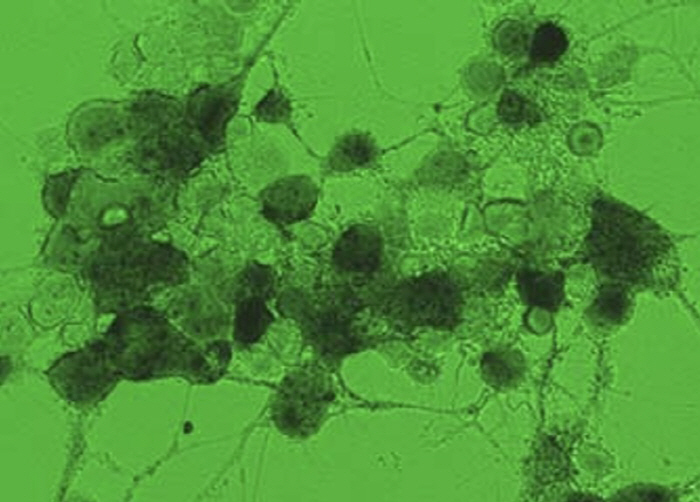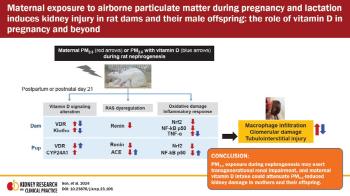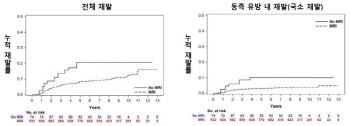Some tourist attractions in Bali, Indonesia, have been designated as red zones for rabies epidemic...Why is vaccination effective after a dog bite?
Jul 23, 2025
|
According to Hong Kong's South China Morning Post (SCMP), Bali authorities recently designated several tourist destinations, including most of Kuta, southern Badung County, as a 'red zone' due to rabies infections and dog bites. According to local guidelines, even if a single confirmed case occurs, the village is classified as a red zone where rabies is prevalent, and emergency quarantine measures are implemented.
Rabies is a viral disease that is mainly infected by dog bites, and if symptoms appear, the fatality rate is known to be almost 100%.
According to Seoul National University Hospital, the incubation period varies from a week to more than a year, but on average, it develops one to two months after exposure to the virus. The more the bite to the area close to the head and the more severe the wound, the faster the symptoms appear. In the early stages, common symptoms such as fever, headache, lethargy, loss of appetite, nausea, vomiting, and dry cough appear for 1 to 4 days. At this time, rabies may be suspected if the bite feels numb or if symptoms of spontaneous twitching occur.
After this period, symptoms of excitement, anxiety, or depression appear, and just by looking at food or water, you may experience cramps in your muscles, especially your neck muscles, drool a lot, and cramps in your neck just by the wind on your face. 80% of patients show symptoms such as fear of water or restlessness. As the disease progresses, it leads to convulsions, paralysis, and coma, and dies from respiratory paralysis.
However, rabies has a long incubation period, so it is possible to wash the wound clean after the bite, vaccination, and immunoglobulin treatment to suppress the outbreak. Bali health authorities also urged tourists not to contact abandoned dogs or monkeys, and to go to the hospital immediately for treatment if bitten or scratched.
Local health authorities confirmed this month that at least one or two dogs each tested positive for rabies in various villages in Bali. In the wake of a series of dog bites on the island of Bali, large-scale vaccinations have also begun in places frequented by foreign tourists, such as Tanjungvnoa, Nusadua, and Zimbaran in Badung County.
Authorities believe that there are not many cases of dogs biting humans, with one or two cases per village, but there is a high possibility of the spread of rabies due to the large number of abandoned dogs. In addition to Badung County, there were 1906 animal bites in Zembrana County in western Bali from January to April this year. Bali as a whole, 8801 bites occurred between January and March this year, killing at least six people.
Meanwhile, low vaccination rates are cited as the cause of the spread of rabies. Bali's health authorities have been conducting an annual vaccination campaign since 2008, but the implementation rate is low. For example, in Denpasar, Bali's southern center and largest city, only 2,266 (2.75%) of 74,000 dogs were vaccinated as of February.
This article was translated by Naver AI translator.














